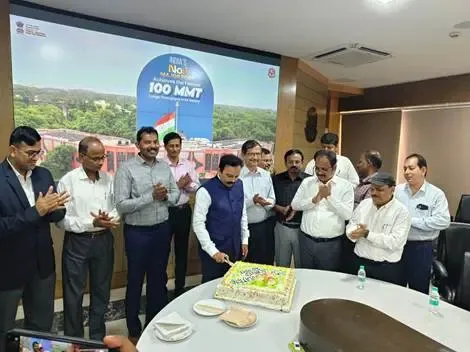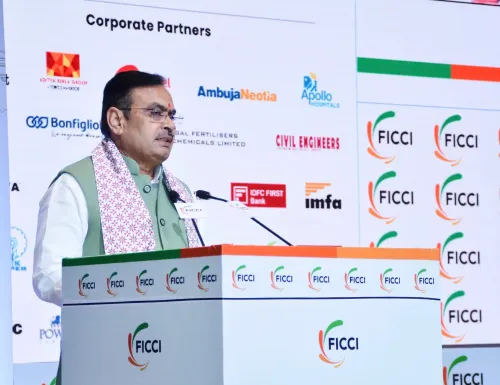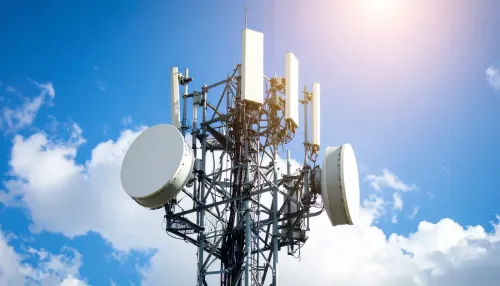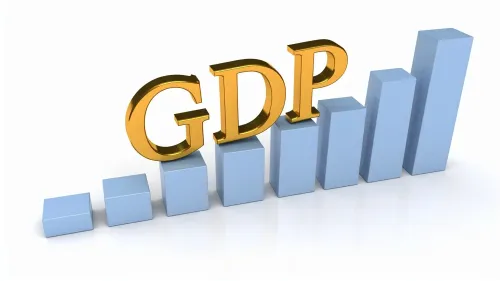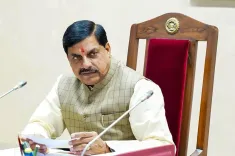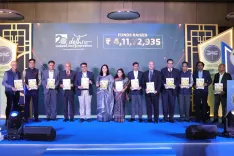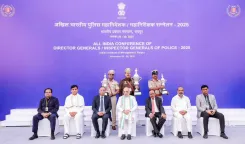Is India Creating a Trusted and Inclusive Online Space Through 5G and Data Safeguards?
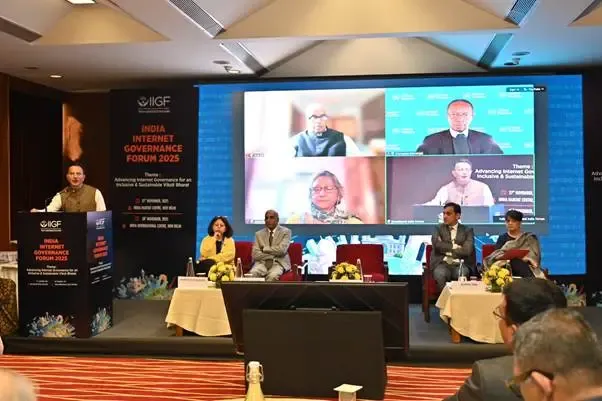
Synopsis
Key Takeaways
- 5G Expansion: Enhancing connectivity for better access.
- Data Protection: Strengthening frameworks for user safety.
- Collaborative Approach: Involving all sectors to tackle cyber threats.
- AI Integration: Utilizing AI for societal and environmental benefits.
- Global Cooperation: Supporting other nations in digital accessibility.
New Delhi, Nov 28 (NationPress) India is on a mission to create a more secure, trustworthy, and inclusive digital landscape by enhancing 5G connectivity and fortifying data protection measures, stated Minister of State for Electronics & IT, Jitin Prasada, as the fifth edition of the India Internet Governance Forum (IIGF-2025) wrapped up on Friday.
During his address at the opening session, he stressed that robust digital public systems, affordable internet access, and a consent-driven Data Protection Act are essential for fostering a future where technology serves all citizens.
“The India Internet Governance Forum has highlighted that advancement in the digital realm relies on collective effort. Our priority is to ensure that every citizen has safe, affordable, and dependable internet access,” the Minister of State remarked.
Reflecting on India's advancements, Jitin Prasada noted that the country's swift 5G deployment and strong public digital platforms are crucial in providing reliable and cost-effective internet access to millions.
He cautioned that India's vast scale also introduces significant cyber risks, requiring collaborative measures to address them.
“Combatting cyber threats is not solely the government's responsibility. The industry, academia, and civil society play vital roles in cultivating a safer online environment,” he added, indicating India’s continued commitment to supporting international collaboration for nations still facing digital access challenges.
Joint Secretary of MeitY, Sushil Pal, mentioned that the forum highlighted India's accomplishments while also addressing emerging challenges as AI proliferates across various sectors.
He noted that the India Stack has showcased a population-scale digital framework applicable to both developing and advanced economies.
“However, such scale necessitates heightened responsibility in enhancing user safety, countering misinformation, and bolstering the resilience of core internet systems,” Pal remarked.
The two-day forum, hosted at the India Habitat Centre and the India International Centre, convened central ministries, global tech firms, civil society organizations, academia, and international bodies to explore how India can continue to shape an open and resilient internet ecosystem.
With this year's theme, “Advancing Internet Governance for an Inclusive and Sustainable Viksit Bharat”, discussions centered on three pivotal areas: an inclusive digital future, digital infrastructure for resilient growth, and the role of AI in promoting human welfare, environmental sustainability, and progress.

